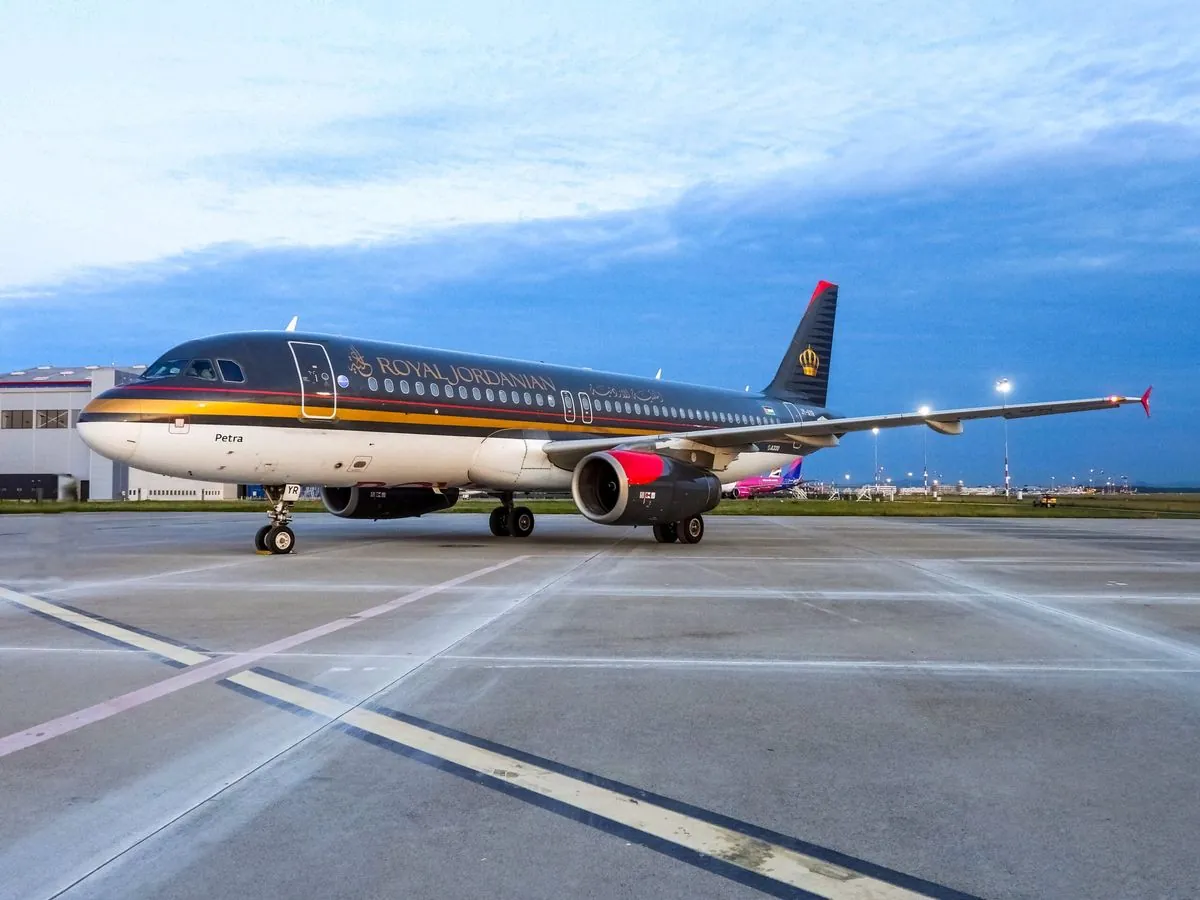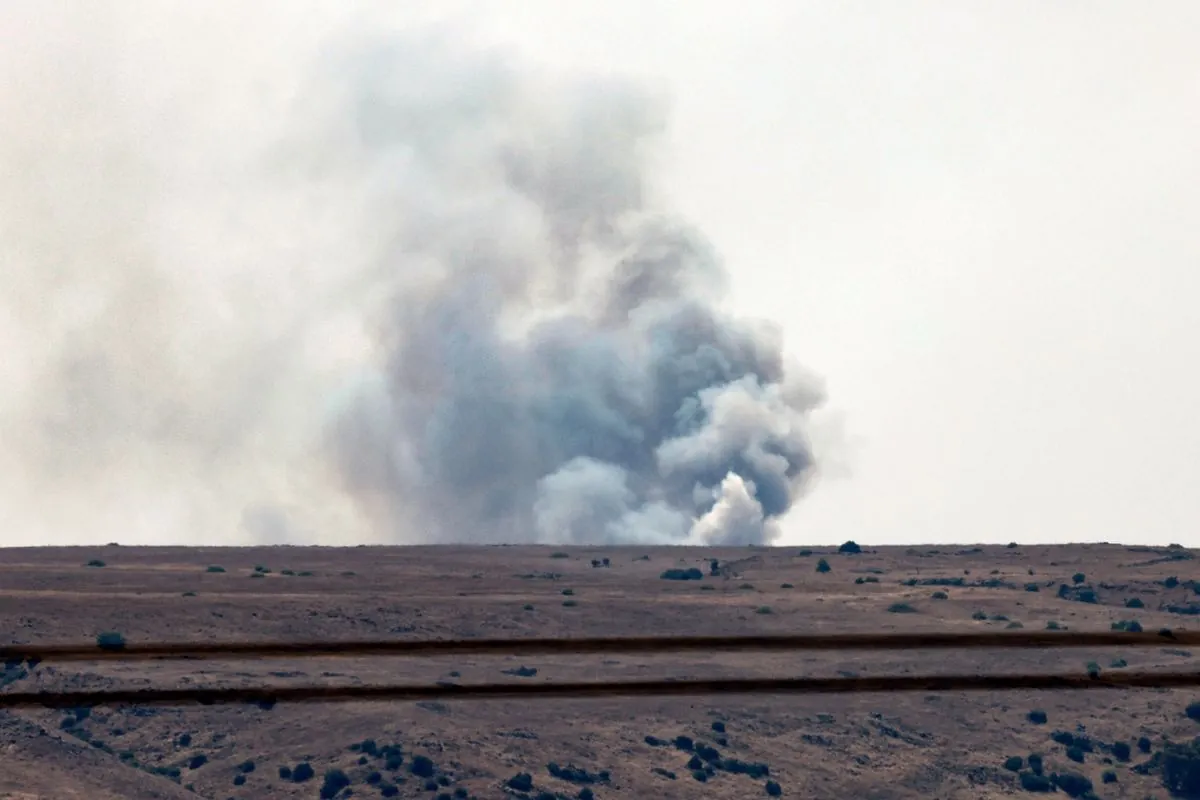Jordan's Royal Air Carrier Halts Beirut Flights Amid Regional Tensions
Jordan's national airline suspends Beirut flights due to escalating conflict between Hezbollah and Israel. Tensions rise following recent assassinations of key figures in the region.

On August 25, 2024, Royal Jordanian, Jordan's national air carrier, announced the suspension of its flights to Beirut. This decision was made in response to the current situation in the region, although no specific timeframe for the suspension was provided. Officials confirmed that Jordanian airspace remained unaffected by these developments.
The suspension comes amidst escalating tensions between Lebanon's Hezbollah movement and Israel. In the early hours of August 25, Hezbollah launched a significant attack against Israel, utilizing hundreds of rockets and drones. This action was reportedly in retaliation for the death of Fuad Shukr, a high-ranking Hezbollah commander, who was killed in an Israeli operation in Beirut on July 30, 2024.

Israel responded to the impending threat by conducting airstrikes on targets within Lebanon shortly before Hezbollah's assault. The Israeli military stated that these strikes were carried out in anticipation of the attacks.
"Our jets hit targets in Lebanon as we assessed Hezbollah was preparing to launch attacks."
This recent escalation is part of a broader context of regional instability. On July 31, 2024, Ismail Haniyeh, a prominent leader of the Palestinian Hamas organization, was assassinated in Tehran. This event has heightened concerns about potential wider retaliation from Iran and its regional allies.
The situation underscores the complex geopolitical landscape of the Middle East. Royal Jordanian Airlines, established in 1963, has been forced to adapt its operations in response to these developments. This is not uncommon in a region where air travel suspensions are often used as precautionary measures during times of conflict.
Lebanon, with its capital Beirut boasting a history spanning over 5,000 years, finds itself once again at the center of regional tensions. The country's political system, based on confessionalism that divides power among religious communities, adds another layer of complexity to the situation.
The conflict between Israel and Lebanon has deep roots, dating back to 1948 when the two nations entered a state of war. Despite the passage of time, formal diplomatic relations have never been established between them. The Israeli Air Force, renowned for its technological advancement, continues to play a significant role in these ongoing tensions.
As the situation unfolds, the international community watches closely. The use of drones in this conflict highlights the evolving nature of modern warfare. The cycle of retaliation and counter-retaliation raises concerns about the potential for further escalation in a region already fraught with tension.
The impact of these events extends beyond the immediate parties involved. Jordan, sharing borders with several countries in the region, must navigate these complex dynamics carefully. As regional proxies continue to play significant roles in Middle Eastern geopolitics, the potential for wider conflict remains a pressing concern.


































